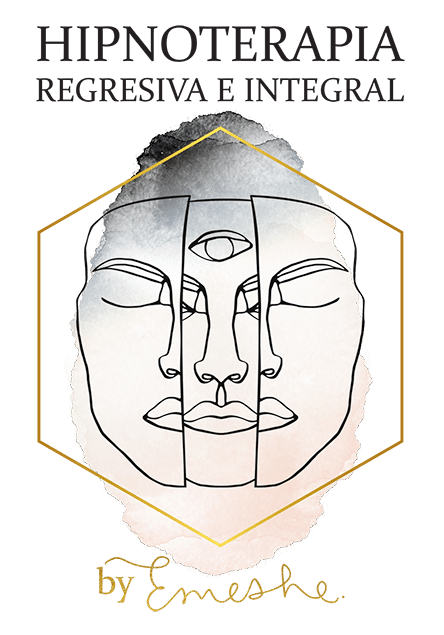Button pushing

I hear from a lot of people who don’t understand why being around their family pushes their buttons.
One of my favorite bits of advice is from the author Liz Gilbert. She says, “family know how to push your buttons because they’re the ones who installed them.” And do you know what? We push their buttons too, even if we consider ourselves to be good, kind, nice and the like. It’s not just with family, either. That’s why certain people get on our last nerves at work, set our teeth on edge, or bring out an uncharacteristic side.
It doesn’t even have to be about some ‘terrible’ thing we (or they) are doing. You can push someone’s buttons by being nice or doing well at something. Some people’s buttons get pushed when you’re not as bothered by something as they’d like you to be. Whether you tread lightly, avoid a subject, ask nicely, or bare your teeth, buttons might get pushed. Basically, you can push someone’s buttons just by breathing.
Everyone has buttons, and all of us push other people’s buttons.
It’s easy, especially when you’re not around family all the time or you feel that you’ve done a lot of self-work, to believe that certain things shouldn’t bother you. But humans push each other’s buttons because we’re either playing a role, not playing the expected role, or old hurts, resentments and agendas are surfacing.
Someone pushing our buttons or us pushing theirs is a notification that emotional baggage is at work
We’ve all had our buttons pushed to the point where we feel we can’t take it anymore, and chances are, we’ve all pushed somebody else’s buttons, with or without knowing it. The button pusher may not be conscious of what they’re doing, but in the end the buttons belong to us, and we are the ones who must deal with what comes up. The more we take responsibility for our own feelings and reactions, the less tender these buttons will be.
We’ve all had the experience of having someone snap at us, seemingly out of nowhere. This happens when we unconsciously push a button in someone else, we didn’t even know was there. This can happen with a complete stranger and sometimes with a person we’ve known and been close to for years. We ourselves may even have a relationship with someone whose buttons we secretly like to push.
Keep in mind, also, that sometimes humans push buttons intentionally. Sometimes we even deliberately antagonize ourselves.
What’s your button?
Part of changing the sensitivity or even deactivating a button is using incidences of being unsettled to notice what’s coming up for you (or them). What’s the baggage behind it? Who or what are you being reminded of? Even if they’re getting on your last nerve, what does their response tell you about their baggage?
Buttons are just soft spots that have been touched one too many times, and they symbolize some pain that needs to be acknowledged and healed. This may be a wound from childhood, or some recent trauma, that we haven’t adequately tended. Whatever the case, when our buttons get pushed, the person who most needs our attention and caring is us and blaming the button pusher only distracts us from finding a true resolution to our suffering.
The theme
Acknowledging the theme to the upsets helps you to recognize what the button is. Maybe it’s being ignored, comparison, lack of recognition, being dumped on, scapegoated, one-upmanship. Perhaps it’s being wrong, disagreed with, criticized, your sibling getting their way, feeling gaslighted again. It could be unfairness, like when your parents don’t do something for you but seem to do it for someone else. Maybe it’s being falsely accused or someone describing you incorrectly and proving how little they know you.
Remember, also, that there’s a theme to other people’s buttons. Acknowledging this stops you from being surprised by why they’re behaving as they are.
Notice whether you have fallen into roles and consciously go out of your way to step out of them. Acknowledge where you regress and where you deviate from a sense of self that’s normally intact. Addressing which buttons get pushed is also about choosing to consciously respond even a little bit differently each time.
3 rules to move forward
Something might push your button, but you don’t have to make up a negative story about it or get sucked in.
You don’t have to play your usual role or prove that you’re right or keep expecting others to be different from who they are.
It’s also about not trying to control the uncontrollable.
When you follow these 3 simple rules, you get to grow out of the old patterns.
Most of all, accept that buttons will get pushed from time to time. Endeavour to use those incidences to become more mindful and to create boundaries. You’ll still have your buttons, but healthy boundaries will allow you to take care of yourself.
Knowing where our buttons are enables us to do the work necessary to heal. Freedom comes when we deal with the pain behind the button, thus disconnecting our automatic reaction to being pushed.
If you can’t do it alone, contact me and let’s do it together!
